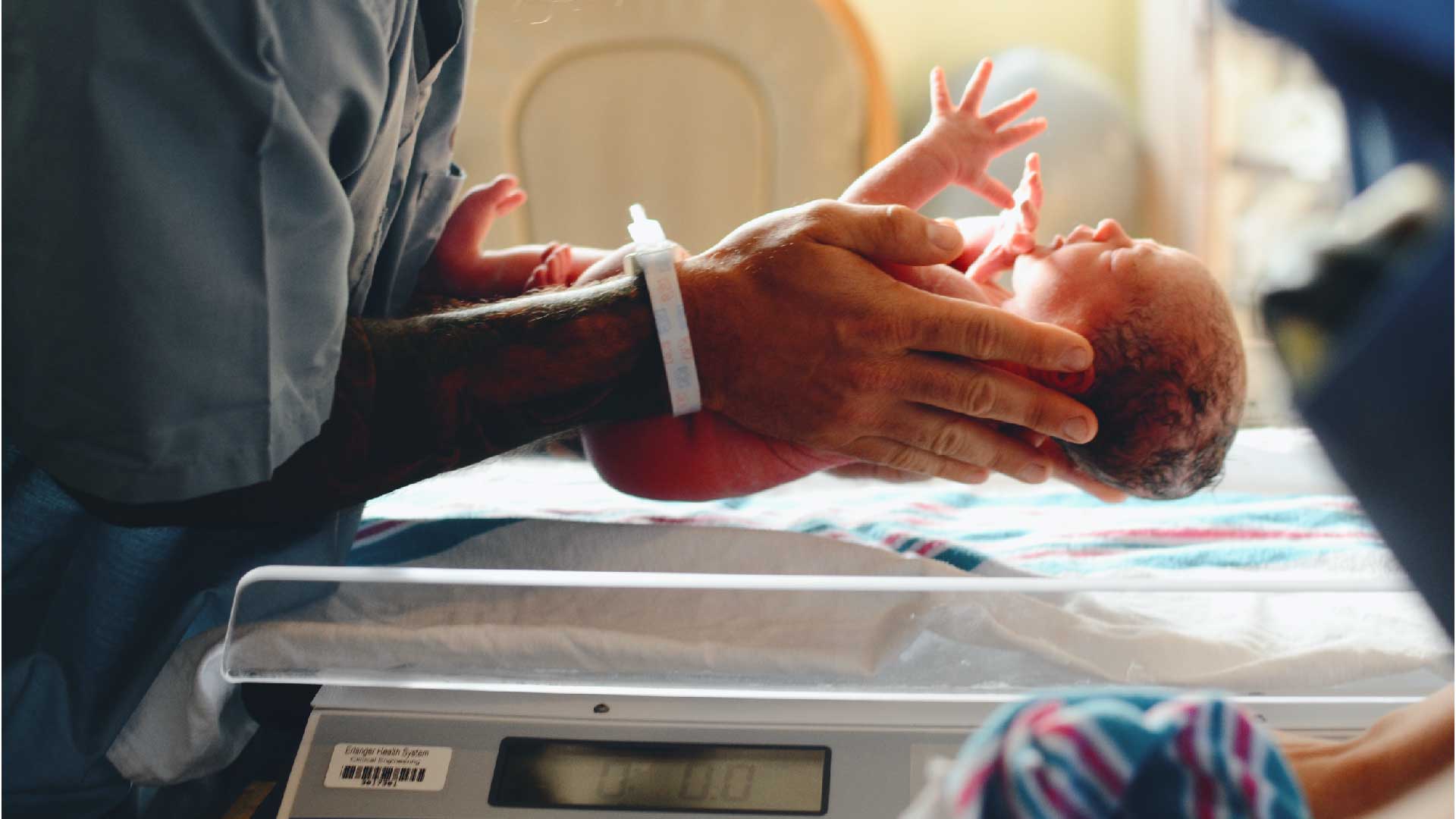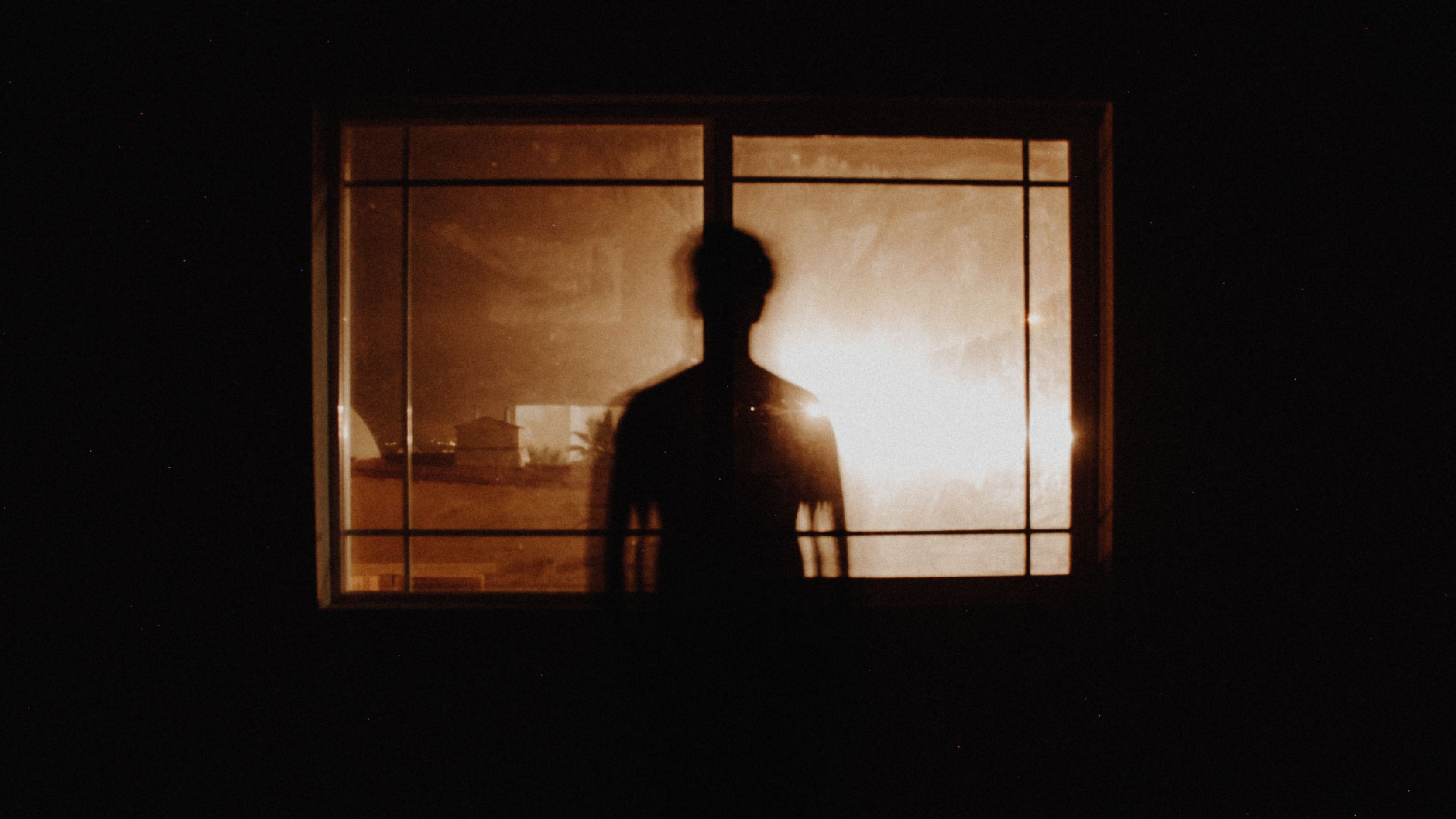A new study published in Frontiers in Psychology suggests that modern American parents go to great lengths to avoid undesirable birthdays for their children (like Friday the 13th).
If one assumes that the distribution of natural human birth is random, then there should be the same number of births on auspicious days (Christmas Day, St. Patrick’s Day, Valentine’s Day) as on inauspicious days (Halloween, Friday the 13th, September 11). A group of researchers who examined birthday records from the late 1800s to recent years have found that this however is pretty far from the truth.
“Long ago, U.S. American parents greatly overclaimed holidays as their children’s birthdays. These effects were larger for more important holidays, and they grew smaller as births moved to hospitals and became officially documented.”
For example, data from the Social Security Death Index (SSDI) for the period 1890-1910 shows that (reported) birthdays on major public holidays were unnaturally high. During this time, virtually all U.S. births took place at home and birth certificates weren’t sought or issued until after several days since the event. This, according to the researchers, gave parents some wiggle room when it came to declaring their child’s birthday.
“Where there is wiggle room, there is often wiggling, and such wiggling might reflect motivated social cognition.”
According to records from this time, an extra 66% children were born on Christmas Day (compared to adjacent days) and an extra 62% on New Year’s Day. The number of children born on George Washington’s Birthday, Independence Day, and Decoration Day were 36%, 38%, and 11% higher than the average, respectively. Parents also seem to have overreported birthdays on minor holidays like Valentine’s Day (+23%), Lincoln’s Birthday (+9%), St. Patrick’s Day (+7%) and St. Patrick’s Day (+6%).
One statistic is especially illustrative of the magical thinking behind the phenomenon – the number of births on Halloween days in the same period was 7% less than the average.
“Presumably, parents wanted their children to bask in the reflected glory of saints and saviors but did not want them to glow in the questionable company of ghosts and goblins.”
It seems that this selection of birthdays was also sensitive to the cultural significance of holidays. St. Patrick’s Day is an important holiday for Irish immigrants in the US and Cinco de Mayo (commemoration of Mexican victory over French invaders celebrated on May 5), an important holiday for Mexican immigrants. While reported birthdays on St. Patrick’s Day was three times the average among Irish immigrants, there was no such effect among Mexican immigrants. The pattern was reversed in the case of Cinco de Mayo (twice the average among Mexican immigrants, no effect among Irish immigrants).
After examining data from 1880 to 2000, researchers found that this birthday selection effect reduced markedly during this period. They attribute this to more and more births being officially documented (by 1950, “88% of American women gave birth in hospitals”). In 1950, the birthday selection effects for major holidays (Christmas Day, Independence Day and New Year’s Day) and minor holidays (Valentine’s Day, St. Patrick’s Day, and Lincoln’s birthday) vanished or reduced substantially.
Now, here’s the surprising bit. In the period 1998-2000, the bias for major holidays reversed. In 2000, the number of children born on Christmas Day, Independence Day, and New Year’s Day were only 75% of those on an average day. Birthday selection for minor holidays (Valentine’s Day, St. Patrick’s Day, and Lincoln’s birthday) re-emerged towards the end of the twentieth century. Since birth records are accurate in modern times, negative selection for major holidays and positive selection for minor holidays are real effects (and not due to unfaithful reporting by parents).
“For holidays that are unlikely to overshadow a child’s birthday, modern parents seem to engage in birthday selection. Modern parents gave birth more often than one would expect on George Washington’s birthday—and gave birth less often than one would expect on Christmas Day.”
The re-emergence of birthday selection seems to coincide with another phenomenon – medical interventions like artificial induction of labor and caesarean section becoming commonplace. In two modern databases (ancestry.com’s Virginia birth records and CDC’s birth records) researchers found substantial drops in number of births on Christmas Day and Friday the 13th.
“Modern parents, medical staff, or both groups working together, use modern birth technology to steer strongly away from births on Christmas Day—and for both Christmas Eve and the day just after Christmas Day as well…..
…..Virginia parents clearly avoided Friday the 13th birth dates more fervently than they avoided this birth date on the other 6 days of the week.”
According to the researchers, the evidence uncovered strongly suggests that parents are using birth technologies to avoid undesirable birthdays for their kids. The phenomenon is unique in that modern technology is augmenting the effects of motivated social cognition and magical thinking (ghosts of a bygone era), rather than rational thinking.
Read more about the study by Brett Pelham, Tracy DeHart, Mitsuru Shimizu, Curtis Hardin, Anna Han and William von Hippel here.








